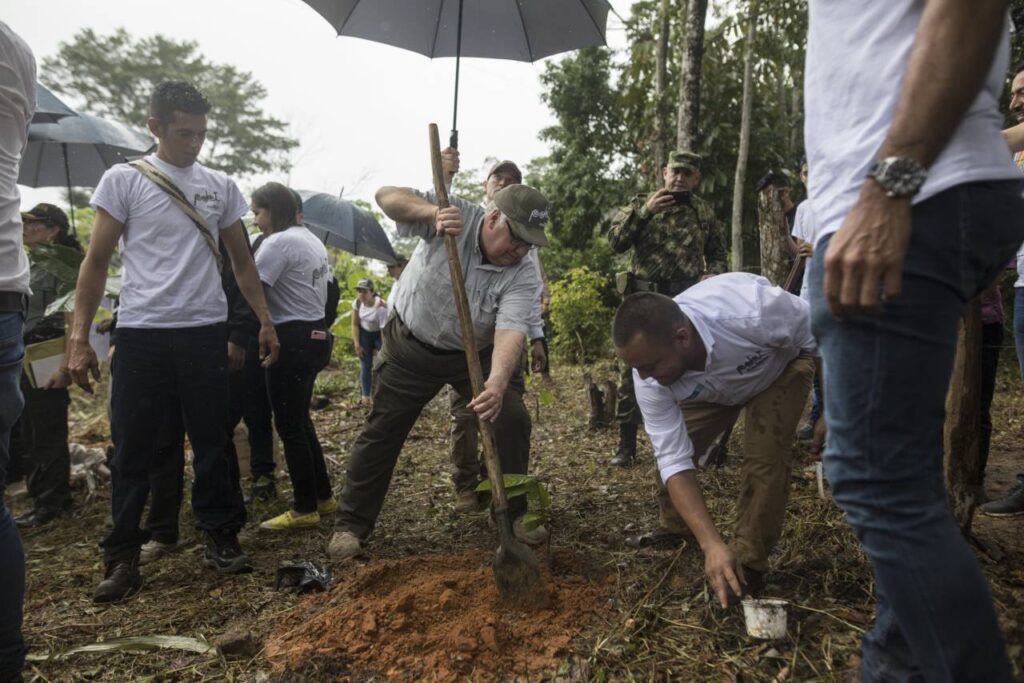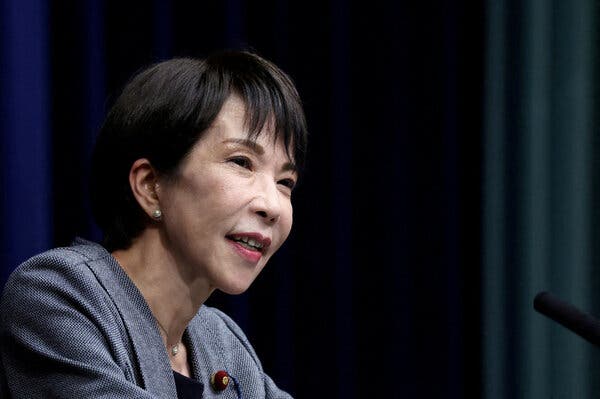
In a significant effort to combat Colombia’s thriving cocaine industry, Howard Buffett, the son of billionaire investor Warren Buffett, is actively funding programs aimed at encouraging drug farmers to transition to legal crops. This initiative is part of a broader strategy to dismantle the economic foundations of the cocaine trade while promoting sustainable agriculture in rural communities.
Buffett’s commitment to this cause is embodied in the work of the Howard G. Buffett Foundation, which has been instrumental in developing agricultural programs that provide alternatives to coca cultivation. These initiatives focus on educating farmers about the benefits of growing legal crops such as coffee, cacao, and fruits, which can be both profitable and sustainable in the long term.
Challenging the Status Quo
The cocaine trade in Colombia has persisted for decades, largely due to the high demand for narcotics in global markets. In 2022, Colombia produced more than 1,500 tons of cocaine, making it one of the largest producers worldwide. The economic lure of coca plants often outweighs the risks associated with illegal farming, leaving many rural farmers with limited options.
Buffett emphasizes the importance of patience and persistence in this battle. “We’re trying to chip away at it,” he stated, highlighting the gradual process of changing mindsets and practices among farmers accustomed to coca cultivation. The foundation’s programs aim not only to provide financial support but also to create a sense of community among farmers who are willing to make the switch.
The foundation works closely with local governments and NGOs to ensure that the initiatives are tailored to the specific needs of each community. This collaborative approach aims to build trust and foster long-term relationships, essential for the sustainability of these programs.
Measuring Success and Future Goals
As part of its ongoing efforts, the Howard G. Buffett Foundation has allocated approximately $3 million to various projects in Colombia. These funds support training sessions, agricultural supplies, and marketing assistance for farmers transitioning to legal crops.
Initial results have shown promise, with several communities reporting increased income from legal agriculture. Buffett’s foundation is currently monitoring these outcomes to assess the effectiveness of their initiatives. The goal is to scale successful programs, ultimately reducing the reliance on coca cultivation across the country.
While the challenges are immense, Buffett remains optimistic. He believes that by providing viable alternatives, the foundation can help alleviate poverty and disrupt the cocaine trade, benefiting both farmers and society at large.
The fight against the cocaine trade is complex, requiring not only economic solutions but also social and political support. Buffett’s efforts represent a multifaceted approach to a deeply entrenched issue, advocating for sustainable development as a means to combat illegal activities in Colombia.






